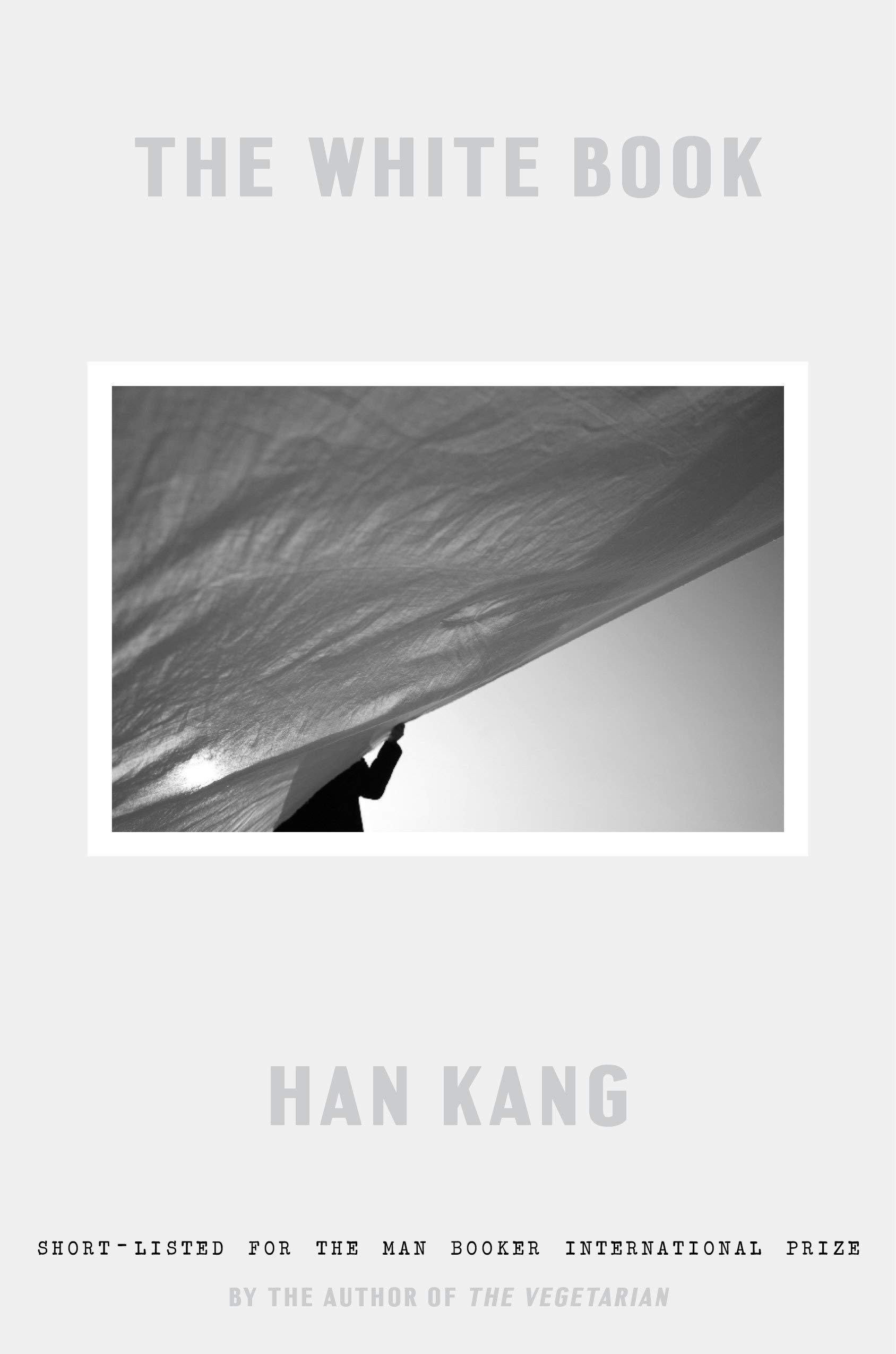Poetic and reflective, Han Kang’s The White Book examines the ways in which words can alter our perceptions of the world and the ways in which we deal with grief and memory. This novel is a beautiful and haunting meditation on the experience of loss and the various paths we take to heal ourselves and move on. Kang’s writing is evocative and lyrical, capturing the wonder and majesty of nature with precise and sensory detail. Her writing style is both poetic and meditative, prompting the reader to consider their own losses and the ways in which they have found comfort and purpose in life.
The book is broken up into a number of brief vignettes, each of which provides a look into a different experience of grief or introspection. Kang offers a profoundly personal and emotional account of her own experiences of loss through these vignettes, as well as a broader meditation on the nature of mourning and the ways in which we negotiate the complexities of the human experience.
The White Book’s strength lies in its accurate depiction of the nuanced feelings of loss and the range of emotions that follow it. Kang’s writing is both gentle and profound, offering a deep and nuanced meditation on the nature of human suffering and the ways in which we find healing and hope in the face of loss.
The term “ecosystem” refers to a group of people who labor in the construction industry. Even though the book explores the abstract and spiritual aspects of grief and loss, these images help to ground the book in a tangible world.
In conclusion, The White Book is a moving and contemplative work that provides a deep and poetic examination of the dynamics of grief, remembrance, and restoration. Kang’s writing prompts contemplation of loss, purpose, and solace. For those who are drawn to tales of heartbreak and redemption, as well as those who are fascinated by how words can change our perspective on the world, this collection is a must-read.
